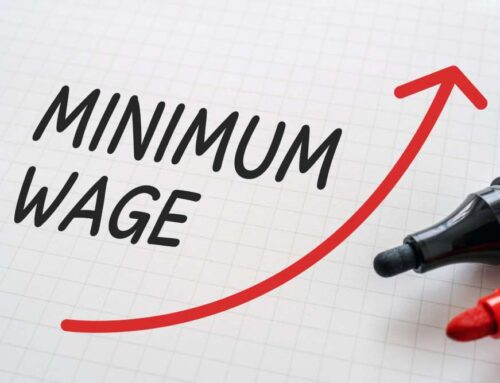The actor, Hugh Grant has agreed to settle his lawsuit against the publisher of The Sun newspaper, but he is not happy about it.
Mr Grant issued a claim against News Group Newspapers (NGN), alleging that journalists had used private investigators to tap his phone and burgle his house.
The company said the settlement was reached “without admission of liability” and that it was “in both parties financial interests not to progress to a costly trial”.
Statement from Hugh Grant
Mr Grant posted a statement explaining that continuing to fight the case risked making him liable for substantial legal costs:
“News Group are claiming they are entirely innocent of the things I had accused the Sun of doing – phone hacking, unlawful information gathering, landline tapping, the burglary of my flat and office, the bugging of my car, the illegal blagging of medical records, lies, perjury and the destruction of evidence.
As is common with entirely innocent people, they are offering me an enormous sum of money to keep this matter out of court.
I don’t want to accept this money or settle. I would love to see all the allegations that they deny tested in court, but the rules around civil litigation mean that if I proceed to trial and the court awards me damages that are even a penny less than the settlement offer, I would have to pay the legal costs of both sides.”
My lawyers tell me that that is exactly what would most likely happen here. Rupert Murdoch’s lawyers are very expensive. So even if every allegation is proven in court, I would still be liable for something approaching £10 million in costs. I’m afraid I am shying at that fence.”
Legal position
The general rule is that anyone who loses a case in court also risks having to pay their opponent’s legal fees. However, around 95% of claims settle before they reach trial, and the main reason is the high cost of legal fees. Generally speaking, the higher the value of the claim, the higher the cost of legal fees for both the claimant and the defendant.
In order to encourage settlement and avoid cases going to court, there are rules that can potentially benefit parties who make settlement offers. There is usually a high degree of discretion afforded to the judge, but generally speaking, if you make offers to settle a case then you could benefit in costs, whether or not you win the main case.
This becomes even more significant, when the offer being made by the defendant exceeds the sum awarded by the court to the claimant. So, if you make a claim for £X and the Defendant offers you £Y in settlement, then if you proceed to court and are awarded £Z, then you could be liable for all your opponent’s costs from the date that the Defendant’s offer expired as well as your own, if Y is greater than Z.
The reasoning is that you should have accepted the offer because it is higher than the award from the court, so you have wasted everyone’s time and money proceeding to court.
In this way, typically large well-funded defendants, such as insurance companies, employers and newspapers, can effectively prevent cases going to court by making large offers, which smaller, less financially secure claimants cannot reject on principle, because they could end up with a huge legal bill.
This pressure to settle is actively encouraged by the courts system, primarily because there is a shortage of judges and court time, but some would argue that it leads to injustices.
There are several other ways that disputes can be settled out of court such as mediation, arbitration and expert determination which are collectively called Alternative Dispute Resolution or ADR. These are also strongly encouraged by the courts and parties can suffer cost consequences if they refuse to engage.
For any further advice on the tactics of negotiating and settlements, please contact Justin Sadler on 01189589711 or email jsadler@barretandco.co.uk





